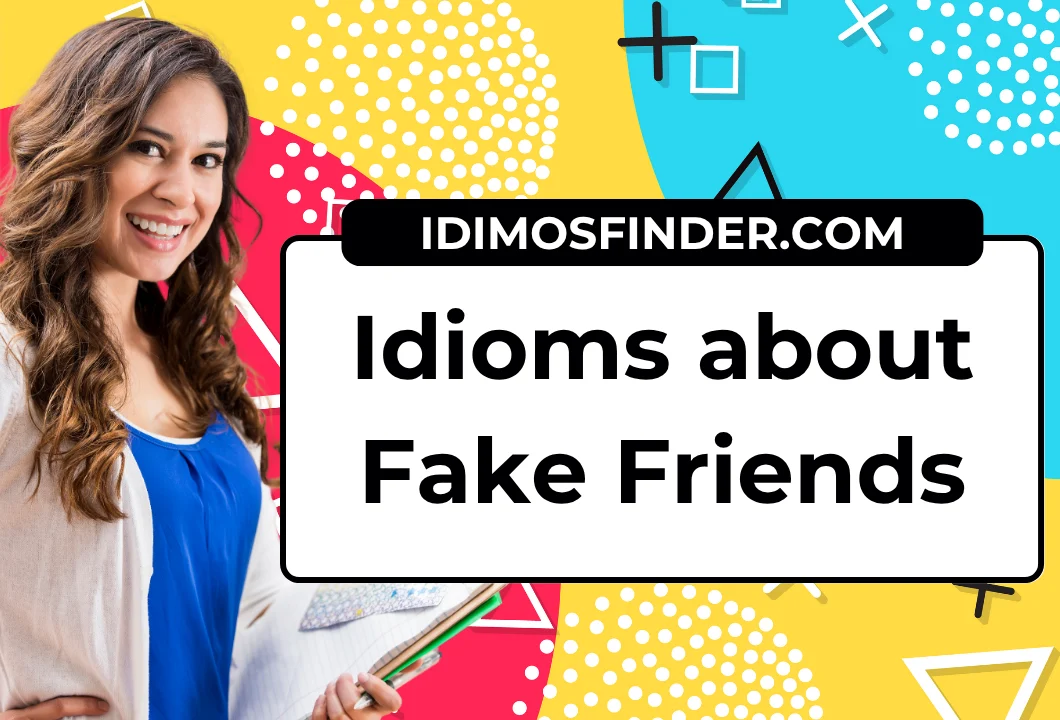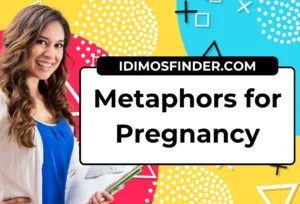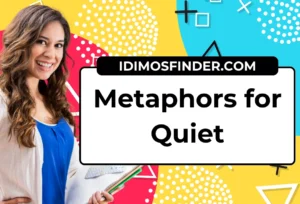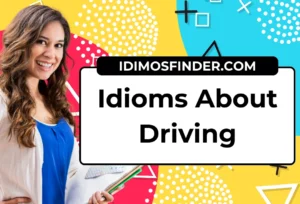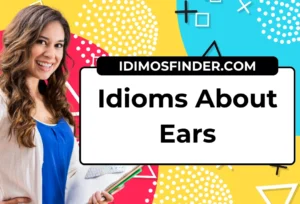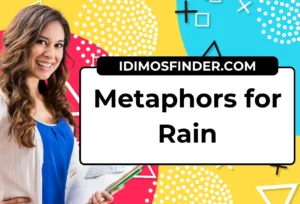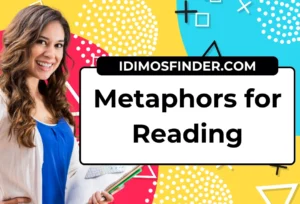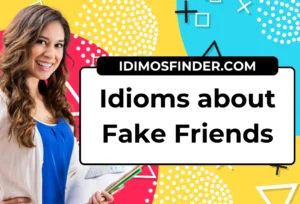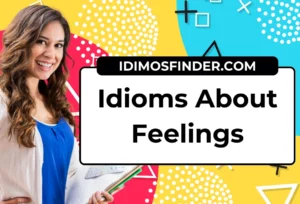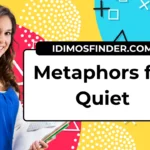Navigating the world of fake friends can be tricky, but language gives us clever idioms to help spot them, tell their story, and warn others. Over centuries, people have coined colorful sayings to describe people who act like friends but mean harm. Today, let’s explore 25 powerful idioms you can use to talk about counterfeit friendships — and express your feelings wisely and warmly. As someone who’s experienced my fair share of backstabbers, I know how words can help us heal, vent, and grow stronger. So, grab a cup of tea and let’s dive into this shady world together.
1. Backstabber
Meaning: Someone who betrays you behind your back.
In a sentence: “I trusted him, but he turned out to be a real backstabber.”
Best use: Use this when you discover someone secretly harming your trust.
Other ways to say: Snake, traitor, Judas.
2. Two-faced
Meaning: A person who says one thing but does another.
In a sentence: “Be careful — she’s two-faced and talks about everyone.”
Best use: When someone pretends to be your friend but gossips.
Other ways to say: Double-dealer, hypocrite.
3. Snake in the Grass
Meaning: A deceitful person hiding true intentions.
In a sentence: “He’s a real snake in the grass, always plotting.”
Best use: Perfect for shady coworkers or so-called friends.
Other ways to say: Sly, cunning person.
4. Wolf in Sheep’s Clothing
Meaning: Someone pretending to be harmless but isn’t.
In a sentence: “Don’t trust him — he’s a wolf in sheep’s clothing.”
Best use: Use for managers or politicians acting innocent.
Other ways to say: Pretender, deceiver.
5. Fair-weather Friend
Meaning: A friend who’s around only in good times.
In a sentence: “When I lost my job, my fair-weather friends vanished.”
Best use: To describe people who disappear when you need them most.
Other ways to say: So-called friend, temporary companion.
6. Judas Kiss
Meaning: A sign of betrayal disguised as affection.
In a sentence: “His help turned out to be a Judas kiss.”
Best use: When someone’s kindness hides a hidden plot.
Other ways to say: Betrayal, treachery.
7. Biting the Hand That Feeds You
Meaning: Betraying someone who helps you.
In a sentence: “She’s always biting the hand that feeds her.”
Best use: To describe someone who uses you, then harms you.
Other ways to say: Ingrate, ungrateful friend.
8. Cutthroat
Meaning: Ruthlessly competitive and selfish.
In a sentence: “In this office, everyone’s a cutthroat.”
Best use: Perfect for managers or shady politicians.
Other ways to say: Ruthless, merciless.
9. Double Agent
Meaning: Someone secretly working for both sides.
In a sentence: “He’s a double agent in our group.”
Best use: When someone leaks secrets.
Other ways to say: Spy, informer.
10. Playing Both Sides
Meaning: Supporting opposing parties to benefit.
In a sentence: “He’s always playing both sides.”
Best use: For cunning people trying to win every deal.
Other ways to say: Fence-sitter, opportunist.
11. Poisoned Chalice
Meaning: A gift that causes trouble.
In a sentence: “Her friendship was a poisoned chalice.”
Best use: For deceptive kindness.
Other ways to say: Trojan horse, trap.
12. Frenemy
Meaning: A friend who’s really an enemy.
In a sentence: “She’s more of a frenemy than a friend.”
Best use: Use when the friendship feels fake.
Other ways to say: False friend, fake companion.
13. Under the Table
Meaning: Doing something secretly or dishonestly.
In a sentence: “They were paid under the table to spread lies.”
Best use: For shady dealings or gossip.
Other ways to say: Secret, hush-hush.
14. Speak with a Forked Tongue
Meaning: To lie or deceive.
In a sentence: “He speaks with a forked tongue.”
Best use: For smooth liars.
Other ways to say: Dishonest, false-hearted.
15. Fake It Till You Make It
Meaning: Pretending to be something you’re not.
In a sentence: “He’s just faking it till he makes it.”
Best use: When somebody puts on an act.
Other ways to say: Pretend, bluff.
16. Blow Smoke
Meaning: To talk nonsense or lie.
In a sentence: “Don’t believe him, he’s just blowing smoke.”
Best use: For someone who exaggerates.
Other ways to say: Bluffing, fibbing.
17. Pull the Wool Over Someone’s Eyes
Meaning: To deceive someone.
In a sentence: “She pulled the wool over my eyes for years.”
Best use: For hidden betrayal.
Other ways to say: Mislead, fool.
18. Cry Wolf
Meaning: To give false alarms.
In a sentence: “He’s always crying wolf about fake problems.”
Best use: For drama lovers.
Other ways to say: Exaggerate, lie.
19. Smoke and Mirrors
Meaning: Tricks or lies to hide truth.
In a sentence: “Their friendship was all smoke and mirrors.”
Best use: For fake friendships.
Other ways to say: Illusion, deceit.
20. Keep Your Friends Close and Your Enemies Closer
Meaning: Stay close to those who might betray you.
In a sentence: “In politics, you keep your friends close and your enemies closer.”
Best use: For cautious wisdom.
Other ways to say: Stay alert, watch your back.
21. Dagger in the Back
Meaning: Sudden betrayal.
In a sentence: “Her gossip was a dagger in my back.”
Best use: To describe painful betrayals.
Other ways to say: Backstab, hurt.
22. Throw Under the Bus
Meaning: To betray to protect oneself.
In a sentence: “He threw me under the bus to save his job.”
Best use: For selfish betrayal.
Other ways to say: Sacrifice, scapegoat.
23. Play Dirty
Meaning: Use dishonest tricks.
In a sentence: “He’s willing to play dirty to get ahead.”
Best use: For manipulative people.
Other ways to say: Cheat, deceive.
24. Sweet Talk
Meaning: Using charm to manipulate.
In a sentence: “Don’t fall for her sweet talk.”
Best use: For fake flattery.
Other ways to say: Butter up, flatter.
25. Fake Friend
Meaning: Someone pretending to care but doesn’t.
In a sentence: “He was nothing but a fake friend.”
Best use: The simplest way to call them out.
Other ways to say: Pretender, counterfeit friend.
FAQs
1. What is the best idiom for a fake friend?
Backstabber, snake in the grass, and two-faced are the strongest.
2. How do idioms help us express betrayal?
They give colorful, powerful ways to express deep feelings with simple phrases.
3. Can idioms be used in everyday life?
Absolutely! They add flair to conversations, social media captions, and stories.
4. How do I recognize fake friends?
Watch their actions, not their words. Their true intentions will show over time.
5. What’s the difference between fake friends and frenemies?
A frenemy is a type of fake friend who pretends to be supportive while secretly competing or harming you.
Conclusion
Fake friends can harm your peace, but knowing how to spot, describe, and talk about them makes you wiser. These idioms help you express, warn, and heal — reminding you that real friends lift you up, not put you down. Use these expressions in your everyday language to share your truth with warmth, care, and strength.

